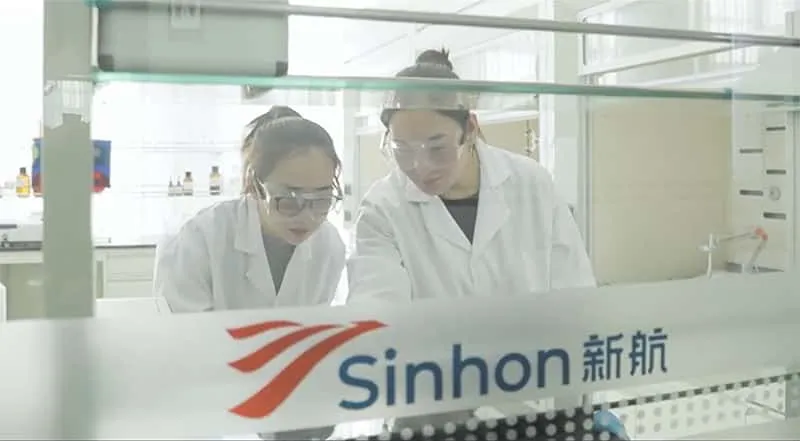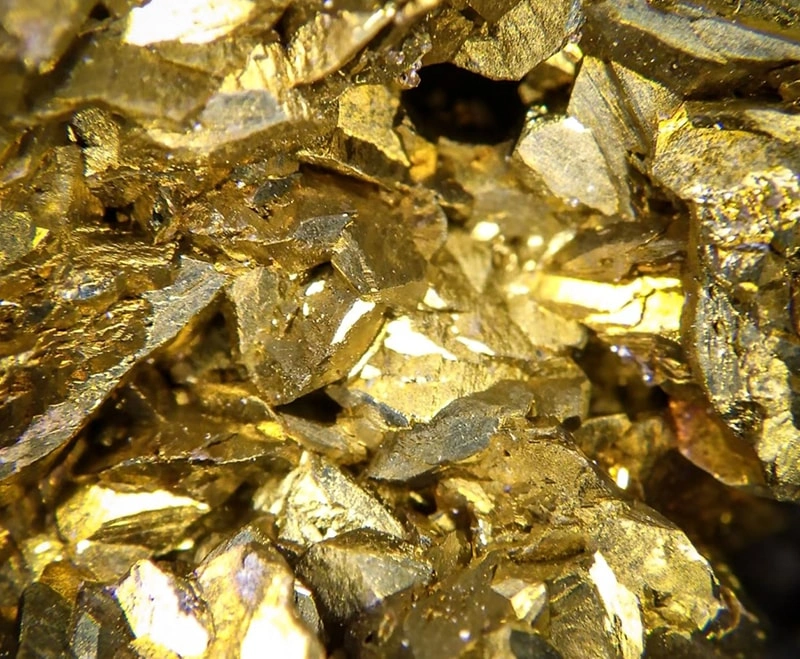
Thiourea is a sulfur-containing organic compound with the chemical formula SC(NH₂)₂. Due to its unique chemical properties, it has many important applications in the medical field. The following are the main uses of thiourea in medicine:

1.Gold sulphide ore Flotation stage: Xanthate was mainly used: the dosage of butyl xanthate was 150-250 g/t, and thiourea was used as an auxiliary collector (30-80 g/t) to enhance the stability of hydrophobic membranes. Synergistic mechanism: thiourea forms hydrogen bonds with the dithiocarboxyl group (-OCSS⁻) of xanthate through the thiol group (-SH) to increase the adsorption density. Typical case: A gold sulfide mine uses "xanthate (200 g/t) thiourea (50 g/t)", and the gold recovery rate is increased by 8.2%.

Thiourea, also known as thiocarbamide or sulfourea, CAS number: 62-56-6, is an organic compound containing sulfur atoms, which can be used to prepare fumaric acid.

Thiourea, also known as thiourea (CAS No.: 62-56-6), is generally a colorless orthorhombic crystal. Thiourea gold leaching is an important topic in the study of gold hydrometallurgy. Thiourea is non-toxic, has a high leaching rate, and a fast leaching speed. Therefore, this method is most likely to replace the traditional cyanide gold leaching method. When thiourea is present, the electrode potential of the Au/Au electrode pair drops from 1.68v to 0.38v. Obviously, gold is easily dissolved in the thiourea solution. Its working principle is: during the thiourea leaching process, gold is oxidized,

The application of thiourea (CS(NH₂)₂) in photography is mainly reflected in the traditional black and white film development process. As an auxiliary contrast agent, thiourea can improve the development and enhance the quality of photos. Here are some specific applications of thiourea in photography:

Thiourea, also known as thiourea (CAS number: 62-56-6), is generally a colorless orthorhombic crystal. Due to the presence of lone pair electrons on sulfur and ammonia atoms in thiourea molecules, they can form coordination compounds with various metal ions, but the coordination constants are generally small. It is worth noting that due to the special affinity of sulfur atoms in thiourea for precious metals, it often forms stable coordination compounds with precious metals, making it widely used in electroplating and chemical plating of precious metals.